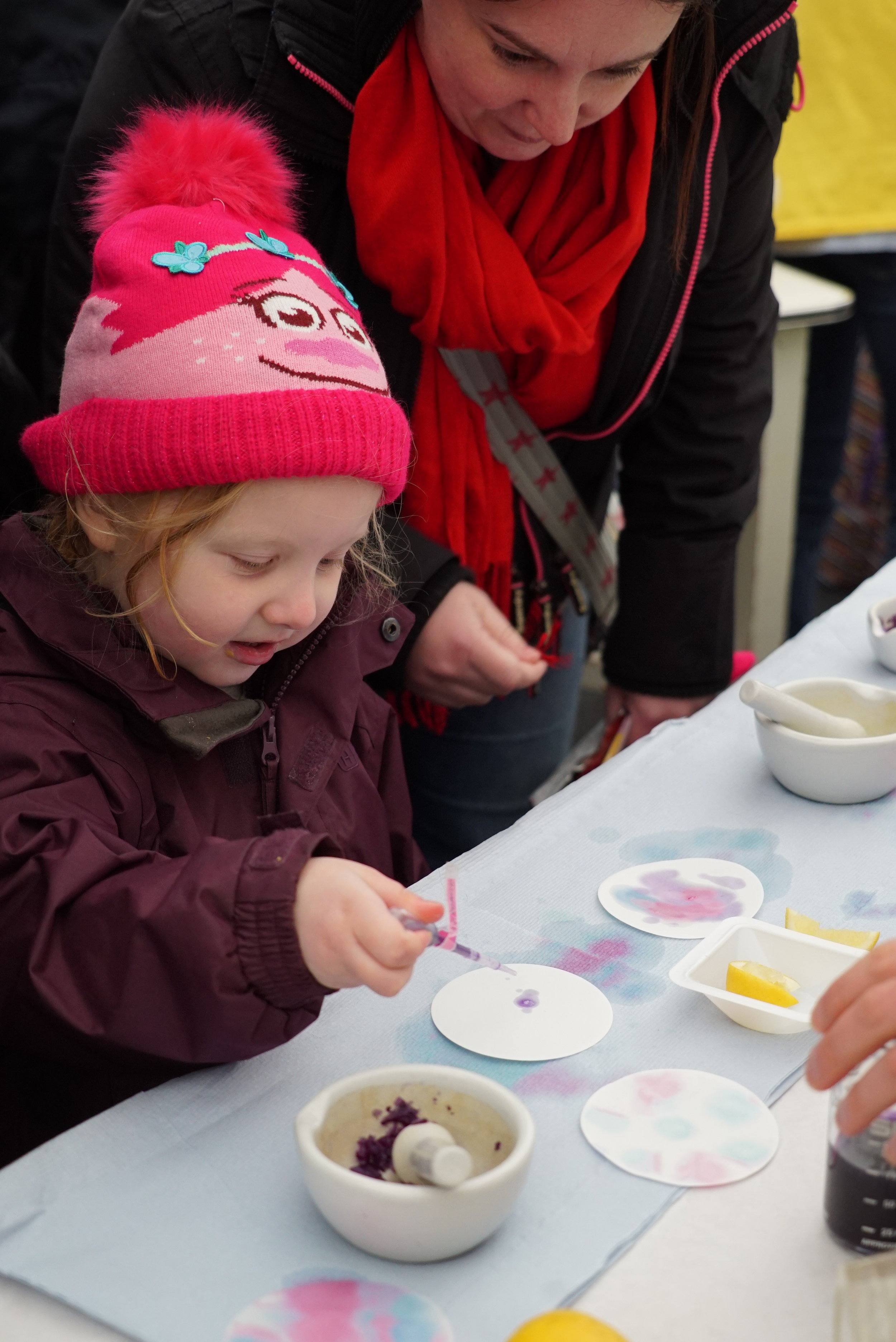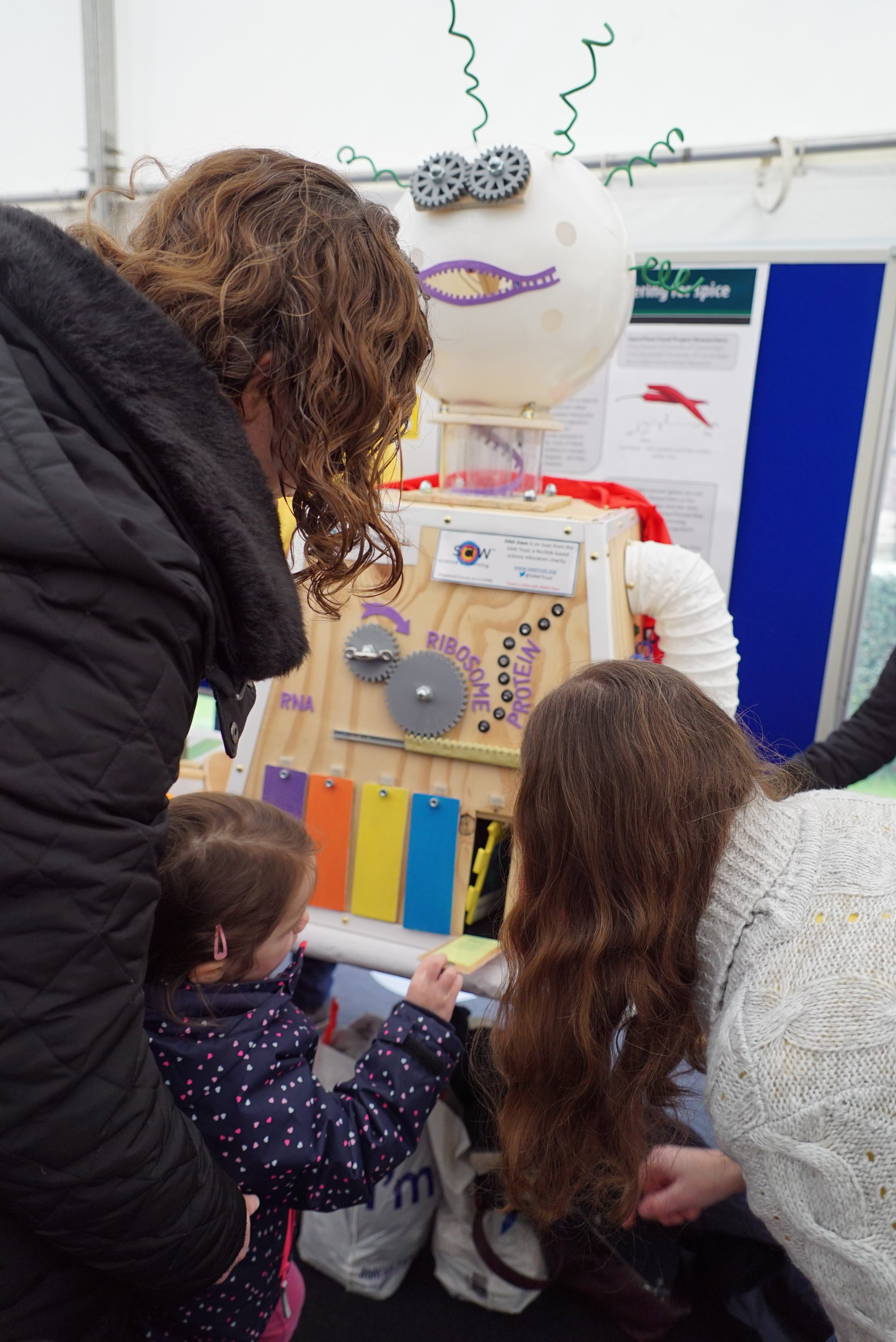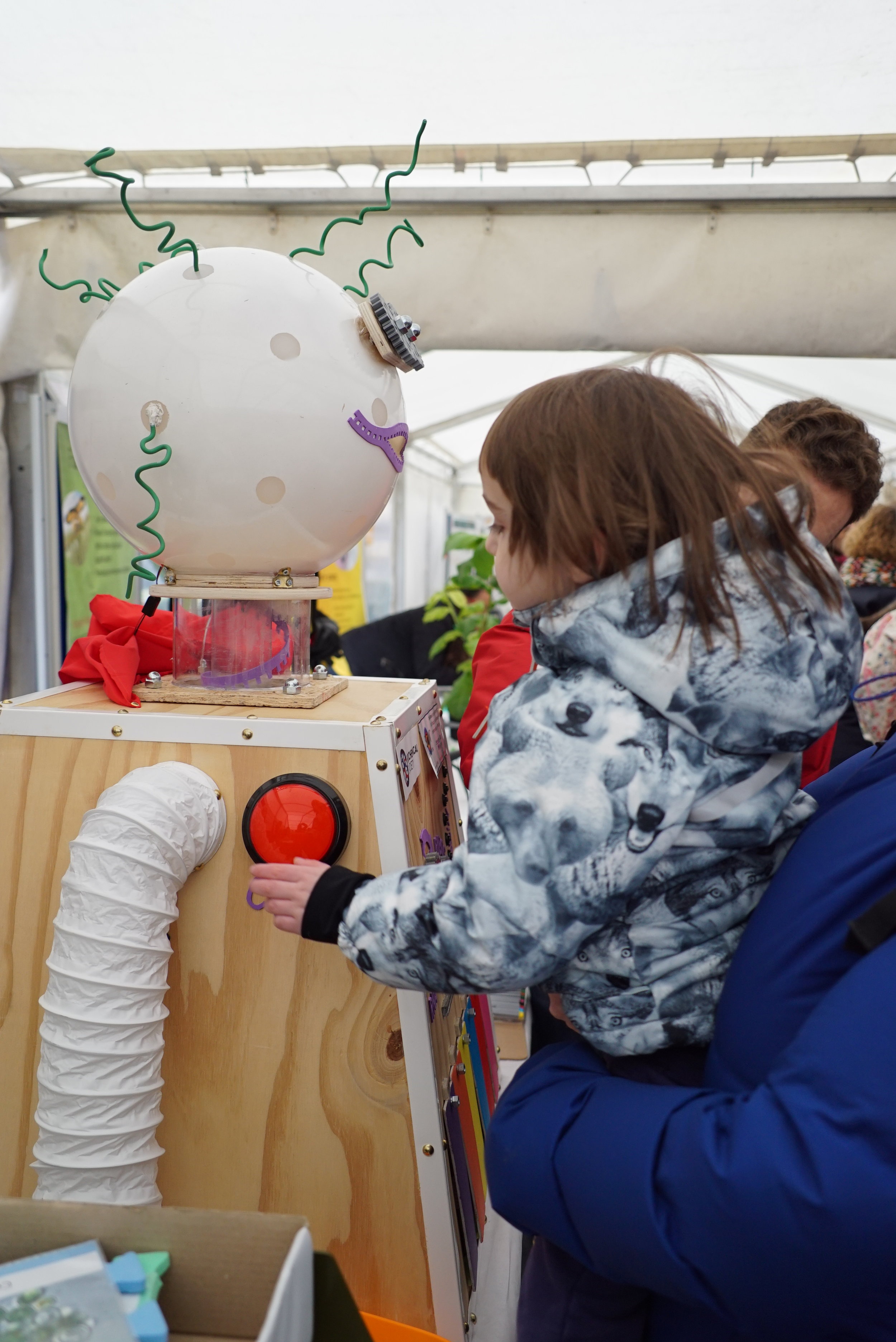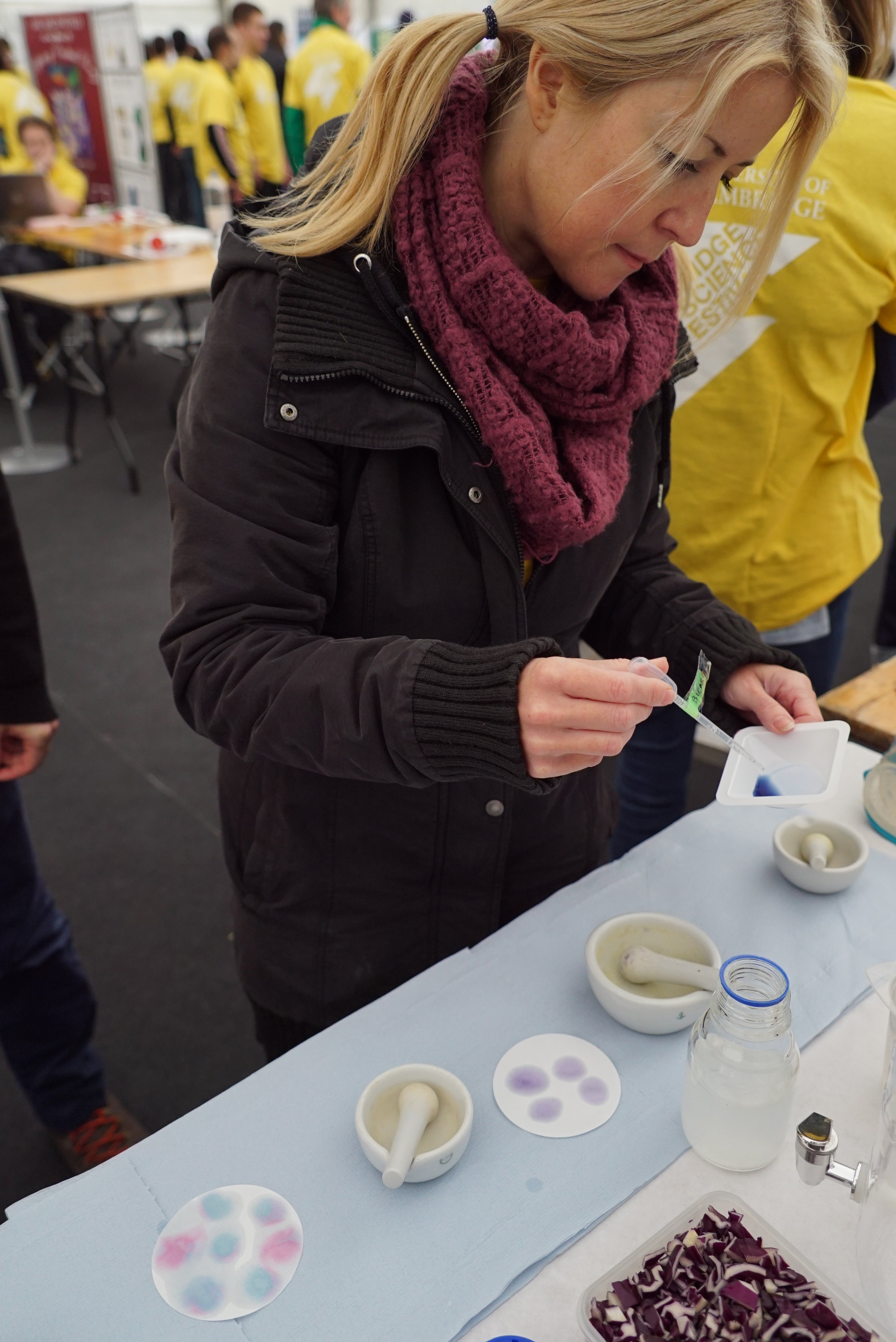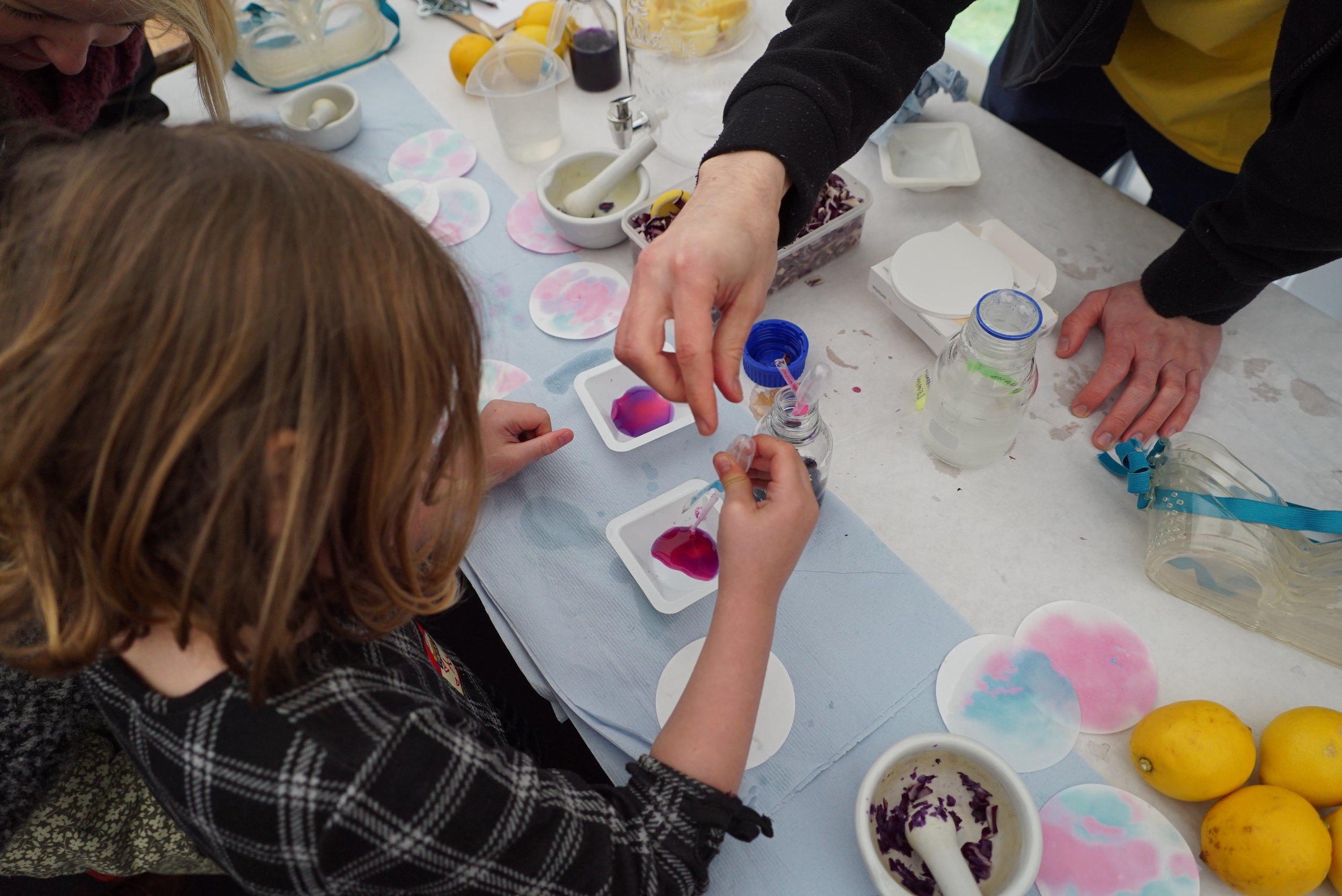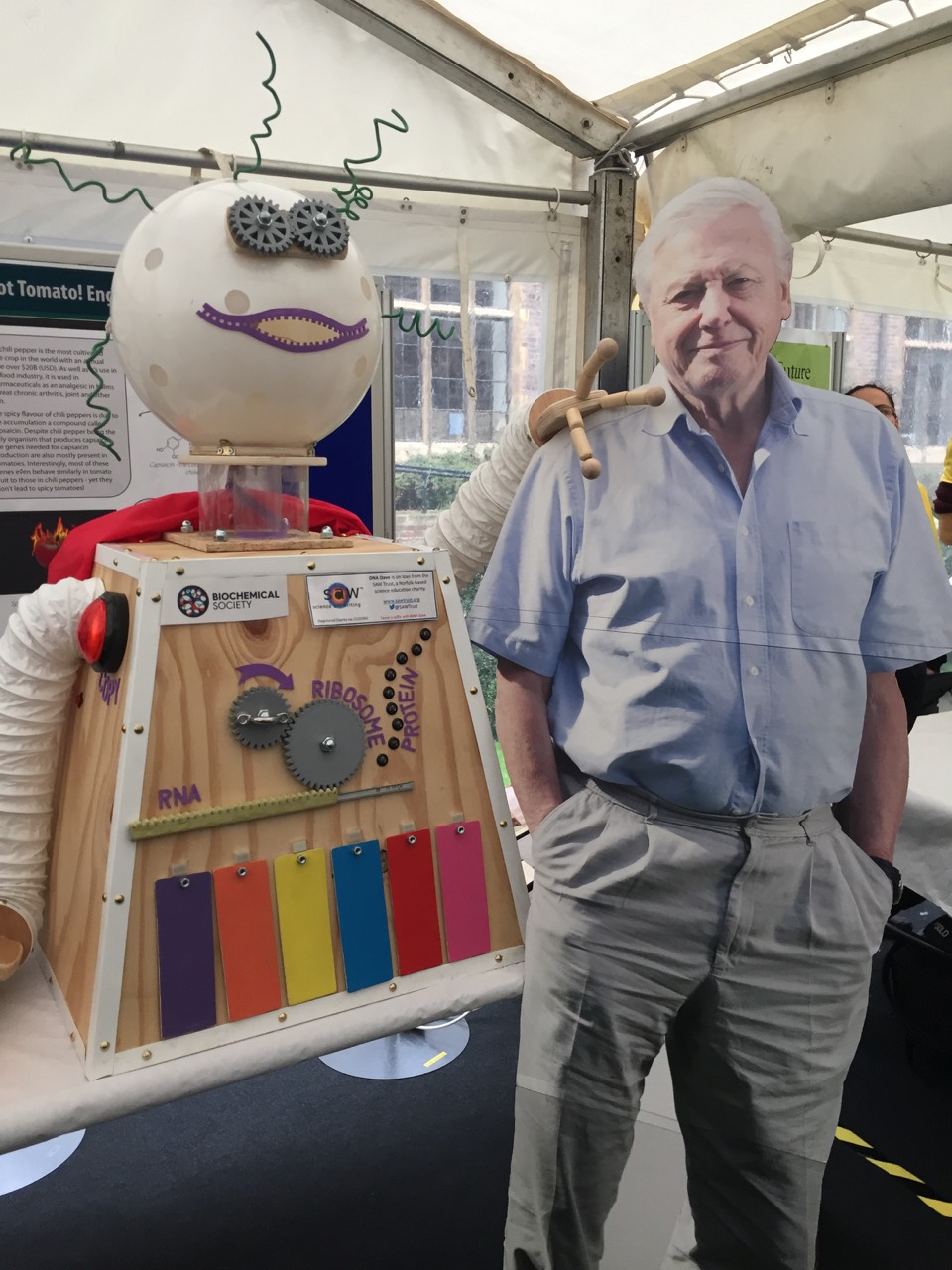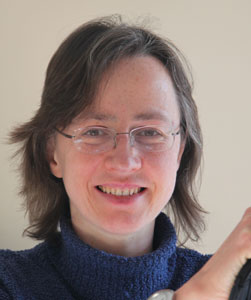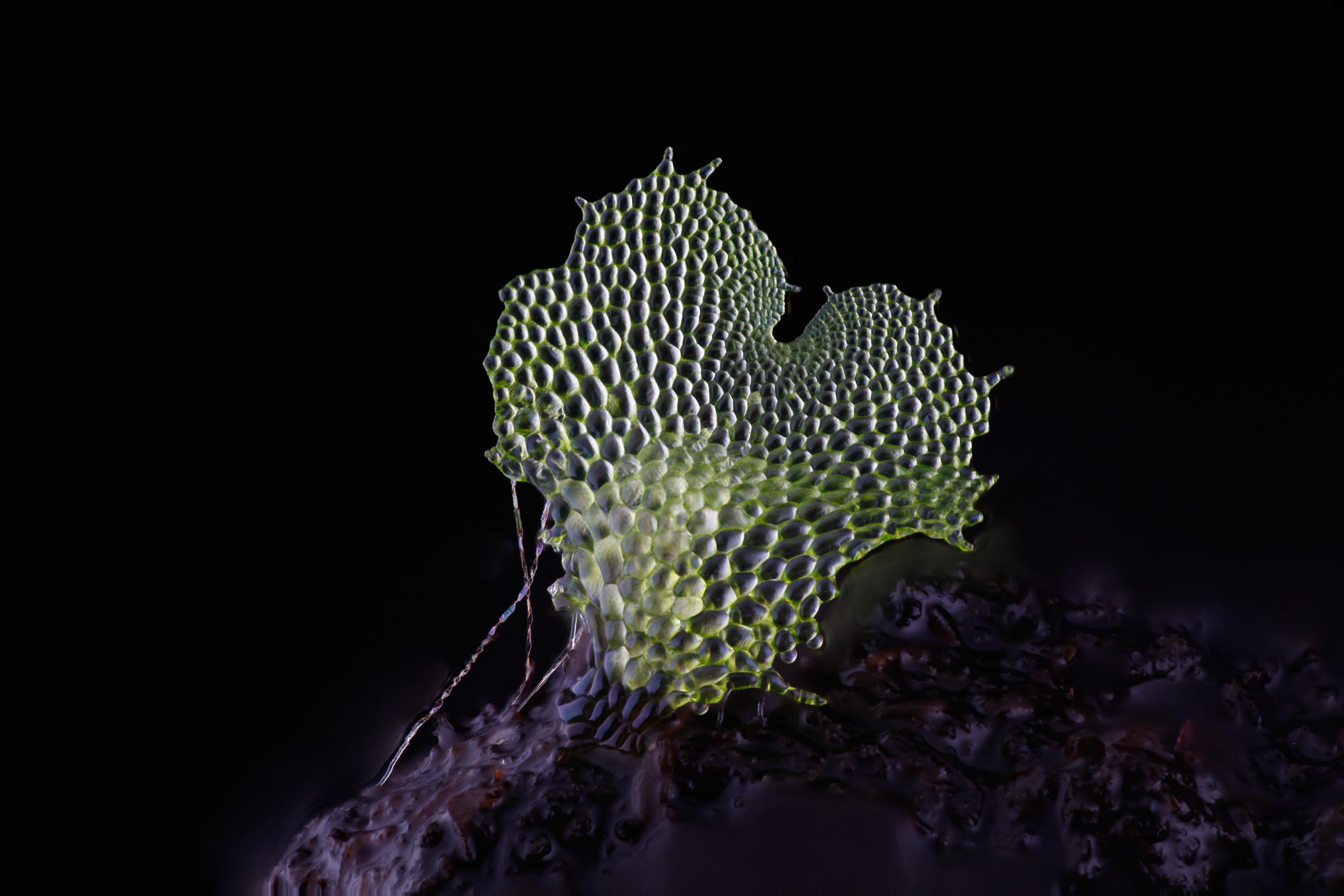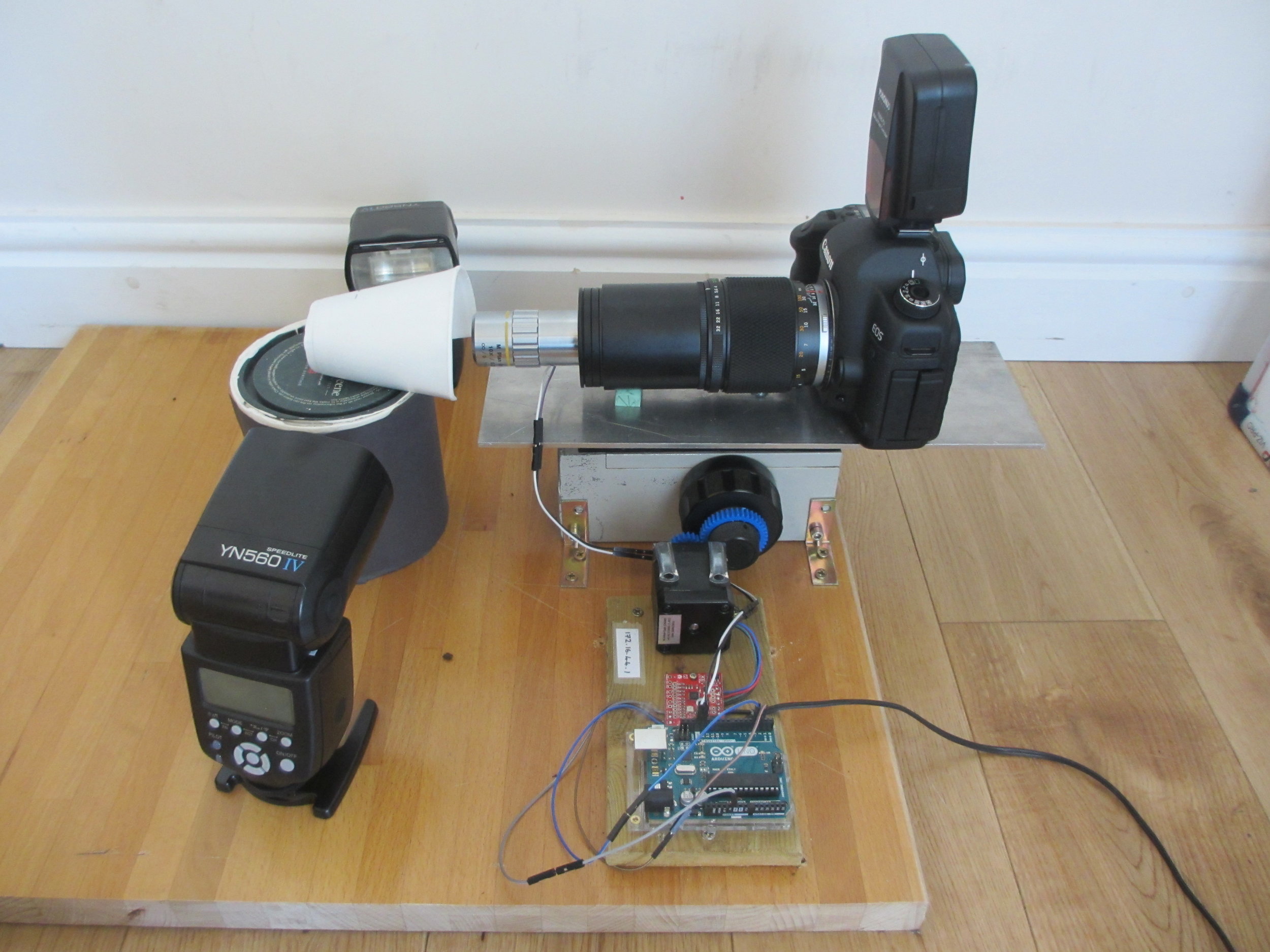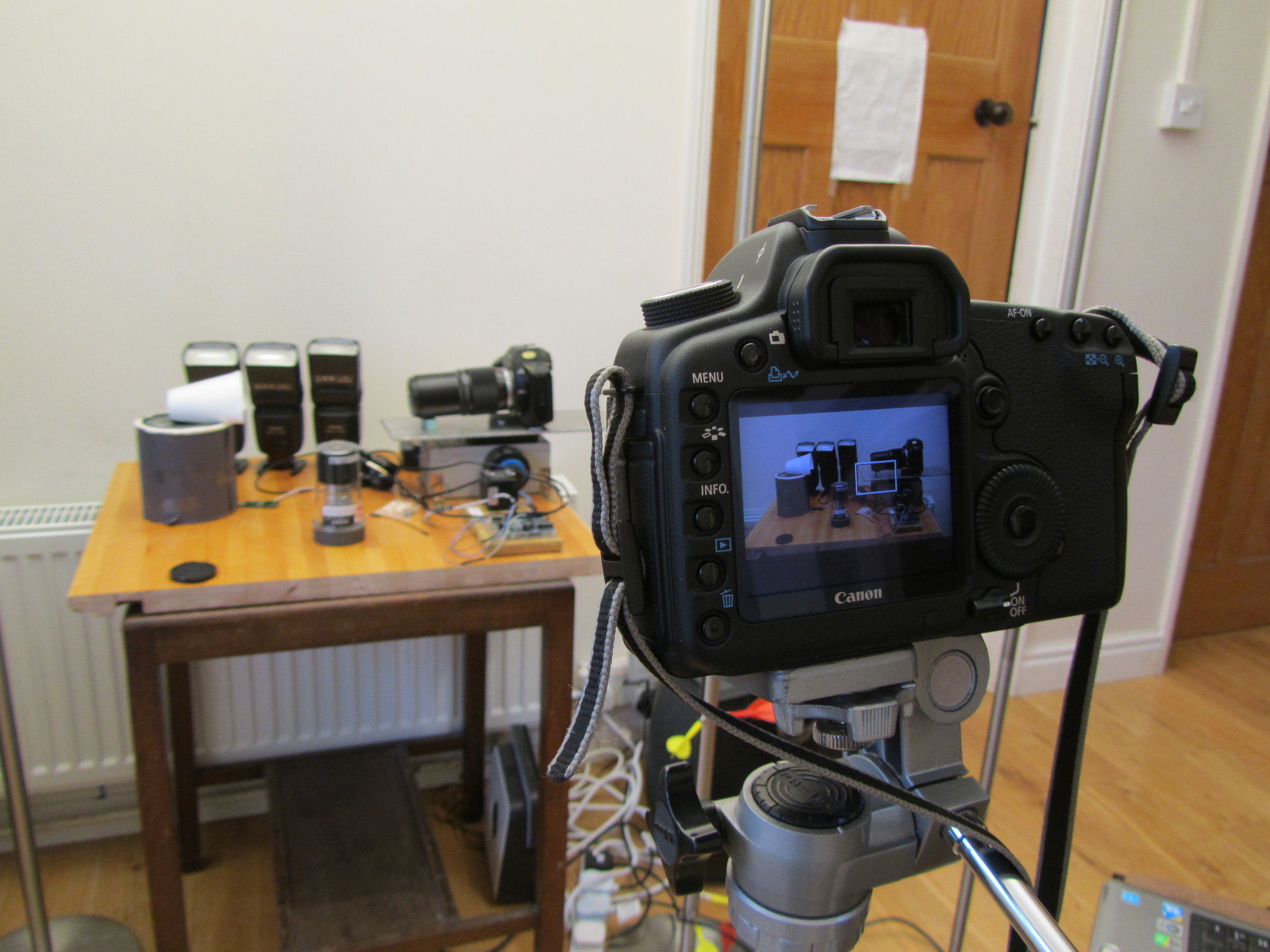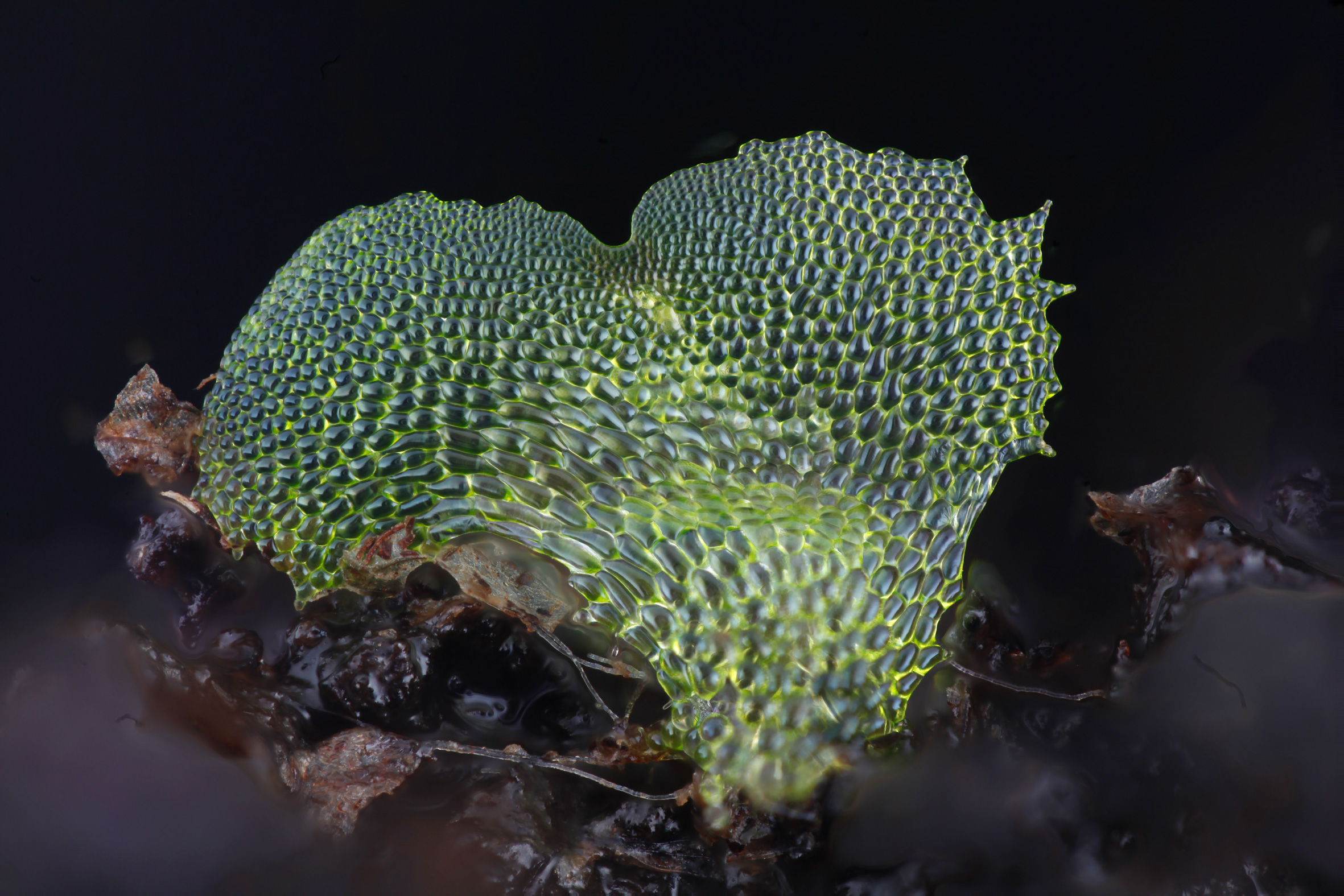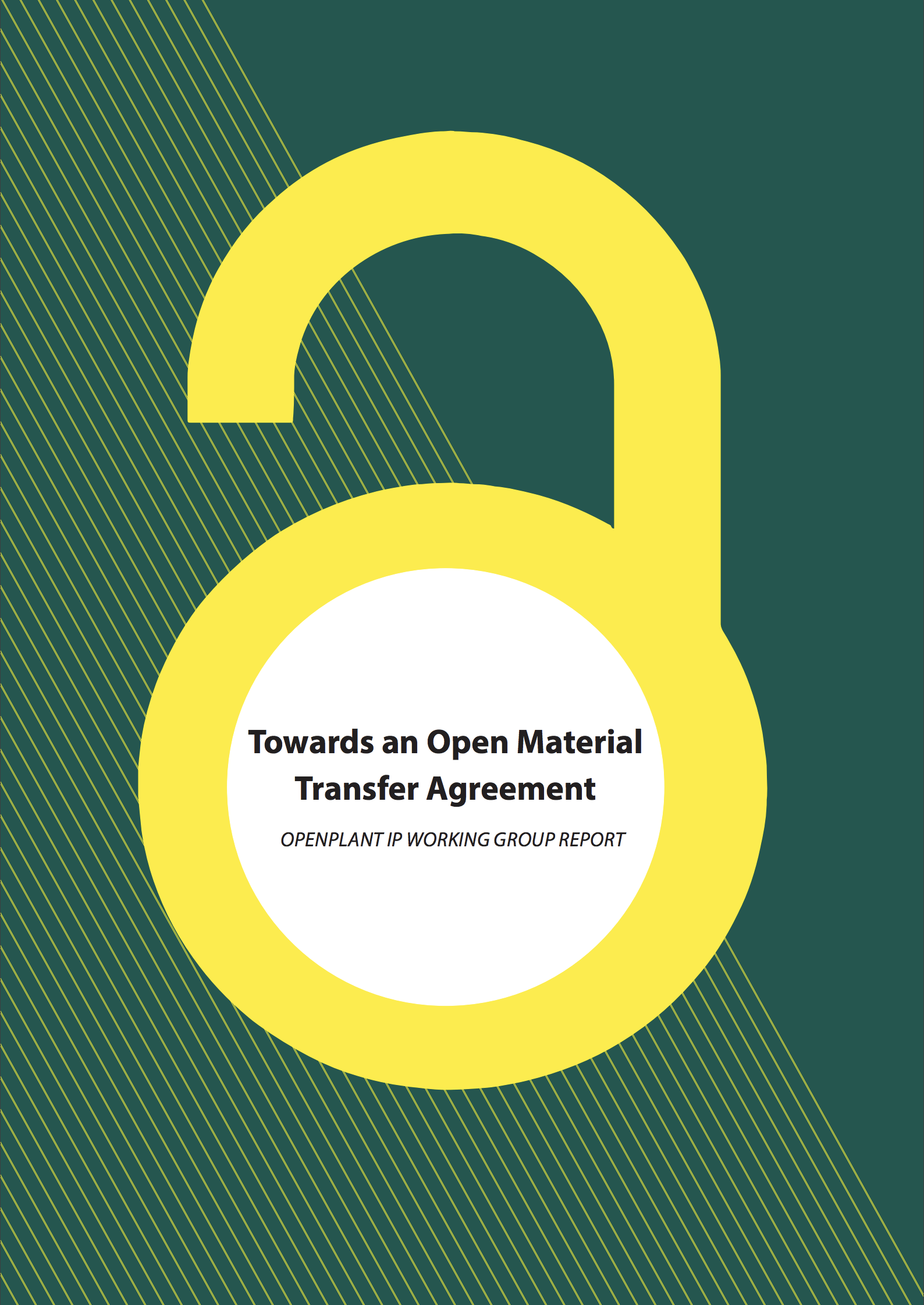This blog post was originally posted on the John Innes Centre Blog on 21.03.2018, and has been reproduced here with permission.
We are today launching the ‘Biomaker Challenge’; a four-month programme, taking place over the summer and challenging teams of people from different disciplines to build low-cost sensors and instruments for biology.
These could be anything from colorimeters to microfluidics and beyond. We’re looking for new, frugal and open source, DIY approaches to biological experiments.
Whether you’re a biologist looking to improve how you work, or pick up some electronics knowledge; an engineer looking to apply your skills and gain experience of practical biology or you’re just curious, we want to hear from you.
Participants will receive a Biomaker Toolkit and a discretionary budget for additional sensors, components, consumables and 3D-printing to help them realise their vision, with the entire package of support worth up to £1,000.
Teams should include at least one member who is a student or member of staff at either the University of Cambridge, John Innes Centre or the Earlham Institute, but external participants are also encouraged to join teams.
The challenge is designed to foster collaboration between institutes, therefore applications from teams composed of participants from multiple places are highly encouraged and will be looked upon favourably by the assessment panel.
Applications close on 11 May 2018.
We will be holding several events in Norwich and Cambridge to provide information about the Biomaker Challenge and help people to develop ideas, discover new collaborations or get involved with projects:
- 21 March, 7pm – Biomaker Challenge Launch, St Andrews Brewhouse, Norwich
- 9 April, 2:30-4:30pm – Challenge Info and Mixer Session, Chris Lamb Training Suite, John Innes Centre, Norwich
- 9 April, 6pm - Pre-Challenge Mixer, Postdoc Centre, 16 Mill Lane, Cambridge
- 19 April, 6:30pm - Pre-Challenge Mixer, Scholars Café Bar, Union House, University of East Anglia, Norwich
At the end of the challenge, you will be encouraged and expected to exhibit your device at a Biomaker Fayre in Cambridge on 3 November 2018.
Last year 40 interdisciplinary teams showcased their prototypes and prizes were awarded for the best technology, best biology and maker spirit.
One group develop a cell-free biological sensor to detect arsenic in water, another created a low-cost, pressurised liquid chromatography system for protein purification, and a third developed a new, cost-effective way to take a series of macro images and stacking them in order to create one larger, in-focus, image. There are tools available that already do this, but they are very expensive so this project looked at how it could be done cheaper. Encouragingly, the group have since gone on to secure additional funding to take their project further.
We aim for all biomaker projects to be publicly documented with full technical instructions and equipment specifications on Hackster.io. This provides anyone around the world with the ability to replicate or adapt what our groups have done, boosting the reach and impact their ideas can have.
Norwich biomakers
There is a Norwich hub for biomaker activities; the Norwich Biomakers meetup group, which brings together a variety of people interested in biology, design, technology, engineering, electronics, software, art and more, to learn from each other about the latest technologies and science advances.
Established in September 2017, the group organises monthly themed events and gives access to a network of nearly 140 biomakers with a broad range of expertise.
Whether biology provides the question, the solution or the inspiration, as an interdisciplinary group we can explore together to generate and share new ideas and skills, find solutions, form collaborations and most importantly, have fun.
Despite only being established for 6 months, we have already seen 3 new collaborations established between researchers on the Norwich Research Park and external people with, for example, electronics expertise, on bioelectricity projects.
We’ve also enjoyed a series of talks at these events from prestigious speakers from the University of East Anglia, as well as from the John Innes Centre and have at least 2 events, each month planned between now and July.
We are always open to new members, check out our online group to find out more and register.
The Biomaker Challenge is administered by the BBSRC/EPSRC-funded OpenPlant Synthetic Biology Research Centre and the Cambridge University Synthetic Biology Strategic Research Initiative.
Norwich Biomakers is supported by OpenPlant SBRC and Innovation New Anglia through the European Regional Development Fund.

![[Closes 24 Nov 2107] Apply now to the OpenPlant Fund!](https://images.squarespace-cdn.com/content/v1/54a6bdb7e4b08424e69c93a1/1509564315902-TUO4I6QRWI9TT8UGSIAJ/OpenPlantTwitter_400x400+%281%29.jpg)

![[Closes 7 Mar 2017] OpenPlant Research Associate (Haseloff Lab)](https://images.squarespace-cdn.com/content/v1/54a6bdb7e4b08424e69c93a1/1486552818859-FH76MCA8SMFU93WB85RX/OpenPlantTwitter_400x400.jpg)







